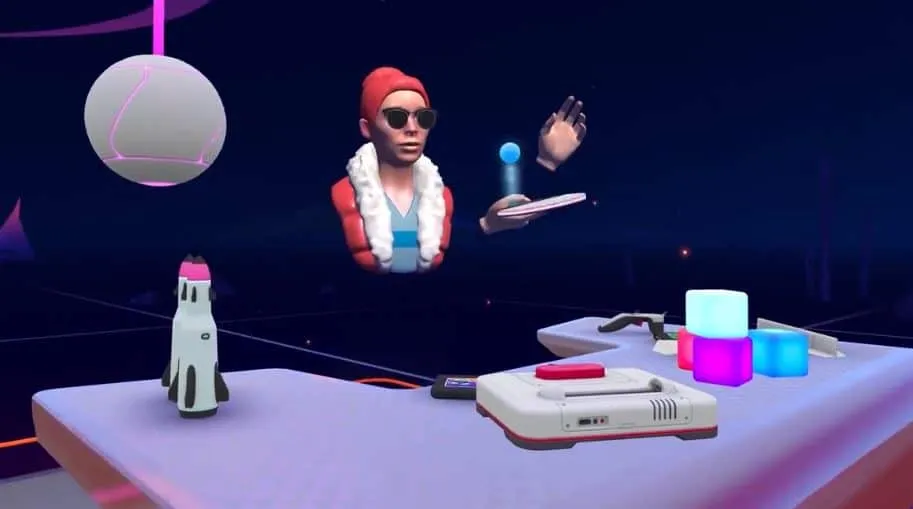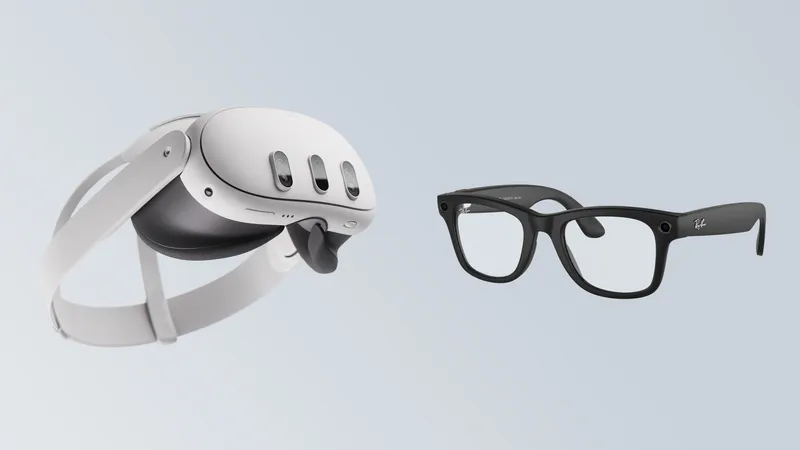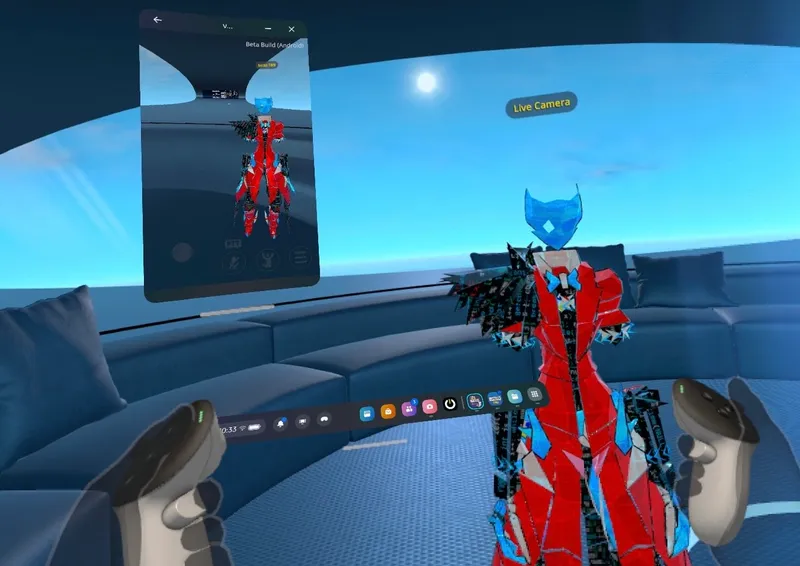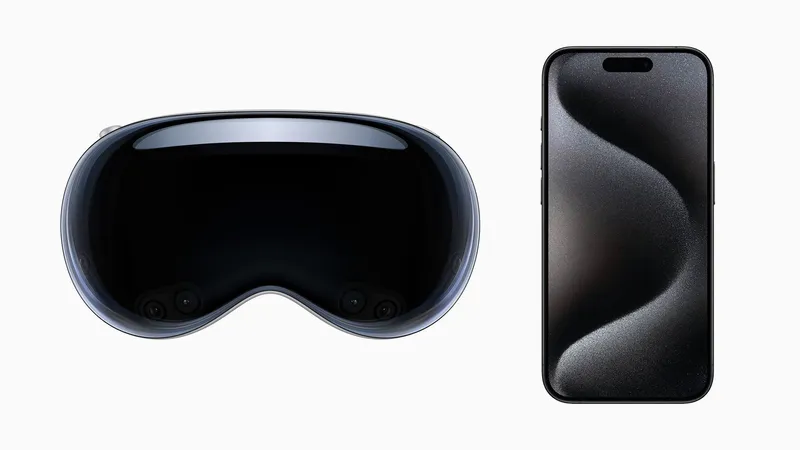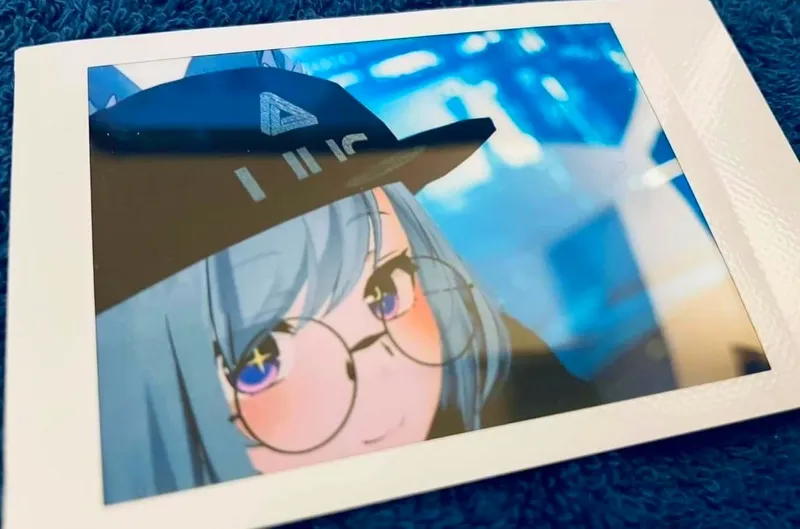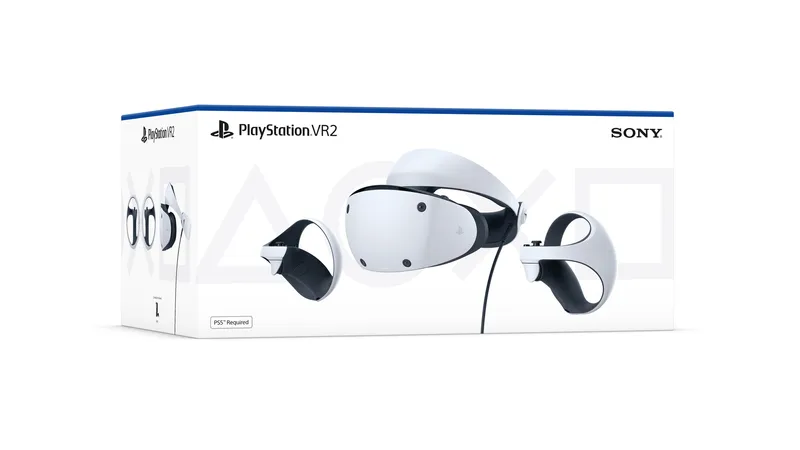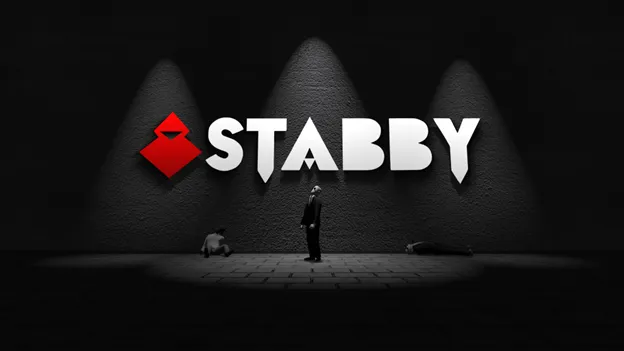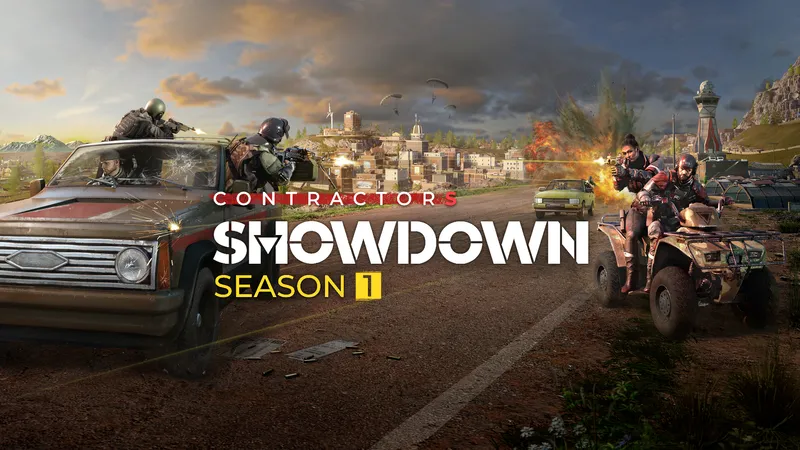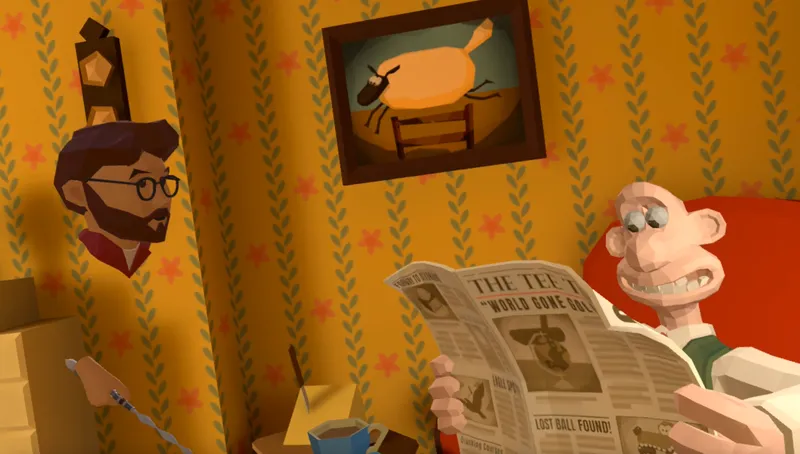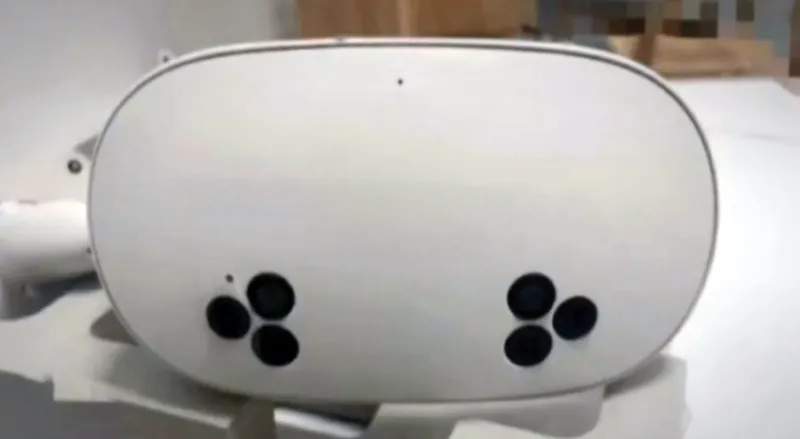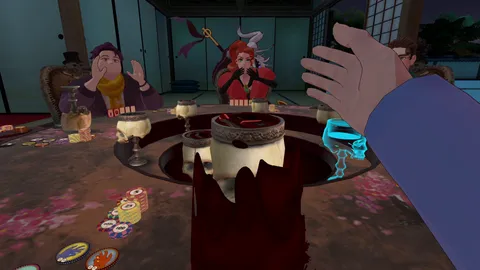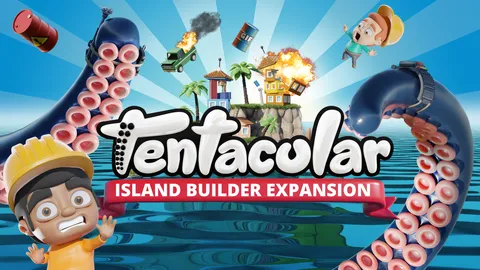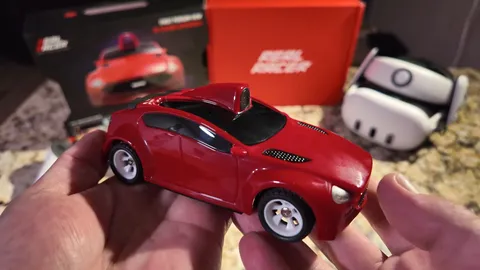New demo apps posted to Facebook’s App Lab experimental release channel for Oculus Quest point to the future of the company’s efforts to define the next generation of personal computing.
The demo apps in question are called First Steps and Tiny Castles and both rely on open-air gesture-based interactions.
“Look ma, no controllers!”
First Steps is a tutorial experience that debuted in 2019 with the original standalone Oculus Quest headset. It showcases a variety of interactions that can introduce players to the basic concepts of virtual reality. After all, many people that put on VR headsets have been trained to interact with computers for decades in specific ways, like pushing a mouse or finger across a flat surface or pressing down buttons on a gamepad or keyboard. Kids in the 21st century are likely to grow up with interfaces that make these interactions seem archaic. While that assertion might be criticized by people who understand the efficiency achievable with mouse and keyboard over 8 or more hours of work per day, there’s still a trend in personal computing toward computer interfaces that understand more of an individual’s natural language.
Can a kid one day pick up a VR headset and get to different worlds and meet up with friends without needing to be taught anything new? I’m sure people at Facebook and Apple and many other companies are trying to figure out how to make that happen. But right now, for folks that have been trained on existing computers, you have to be taught that virtual reality is different from what you know already. We’ve introduced enough first timers to VR to see that many people need to be taught to actually reach out with their hands and lean forward with their body to interact with some things in a simulated world. That’s where First Steps comes in — it teaches those concepts by way of Facebook’s Insight tracking system and the Oculus Touch tracked controllers held in each hand.
The newest version of First Steps exchanges those controllers for hand gestures like pinching, making a fist, or holding your index finger and pulling it as if you had it wrapped around the trigger of a gun. Here’s the description for First Steps on App Lab, emphasis ours:
If you’re a developer, you should check out how hand tracking can replace your Touch Controller experience. This experimental version of First Steps showcases how your Touch Controllers can be replaced with hand tracking, and add a new dimension to your application. Our development team did not have to redesign new mechanics, but were able to replace Touch Controllers with Hands without a heavy lift
Hand tracking on Quest 2 doesn’t come close to matching the precision of tracked controllers. While Facebook continues to improve hand tracking quality with smarter software, you can take just two swings with First Step’s simulated ping pong paddle — one swing with a controller and one without — to see how big the gap is with current hardware between tracked controllers and hands. For certain applications that gap may never be crossed. But what if Facebook makes another standalone product line that maybe uses pancake optics for a slimmer feel while equipping it with cameras tuned for better hand tracking performance? And what if Facebook populates that headset’s storefront only with the best apps that have been replaced with hand tracking best practices outlined in this experimental version of First Steps?
Take a look at the text description for the second new App Lab listing, Tiny Castles, emphasis ours again:
Tiny Castles is an “action puzzle game” built from the ground up using hand-tracking. It’s an experimental project developed internally at Oculus to test necessary interactions for a hands-only game experience.
The parts we’ve emphasized from the descriptions of these latest App Lab submissions suggests Facebook is starting to get as many developers as possible onboard with hand tracking support. Facebook already tested a $199 price for standalone VR headsets both with 2018’s Oculus Go and more recently refurbished original Oculus Quests. Can Facebook bring compelling VR to the masses at $199 with a hands-first all-in-one VR headset?
First Steps and Tiny Castles with hand tracking could certainly be a step in that direction.

